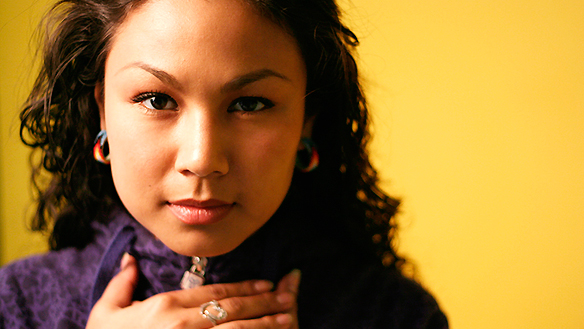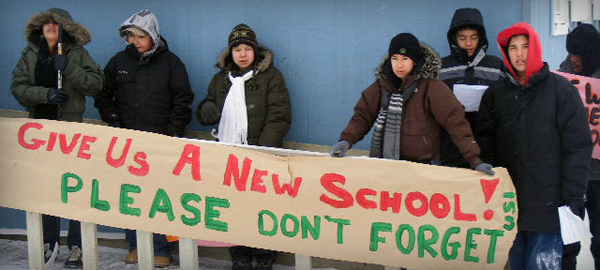In 2009, the Strategic Counsel conducted focus groups in Calgary, Toronto, Montreal and Fredericton to hear feedback from around the country for the newly designed Bank of Canada notes.
The newly designed $100 bill depicted an “Asian-looking” woman peering into a microscope. The design was meant to celebrate the advancement of medical technology in Canada.
Some of the findings of the focus groups included:
Toronto groups were positive about the image of an Asian woman because “it is seen to represent diversity or multiculturalism.”
However, in Quebec, “the inclusion of an Asian without representing any other ethnicities was seen to be contentious.”
One person in Fredericton commented: “The person on it appears to be of Asian descent which doesn’t rep(resent) Canada. It is fairly ugly.”
Based on the findings from the focus group study, the $100 bill’s image was rejected because of the concerns that the image of the person on it “appears to be Asian”.
In Toronto, we are privileged to live in one of the most diverse and multicultural cities in the world. This city has been made richer by newcomers of all backgrounds who have contributed to the vibrant landscape we live in. It is a shame that not everyone embraces diversity.
Since 1973, Nellie’s has provided safety and shelter to over 15,000 women and their children from ALL backgrounds, races, cultures, identities and abilities. We’re proud to be part of this beautiful city, and proud to be Canadian.
Read the full article by the Globe and Mail here.
- Canada’s current $100 Bill.






